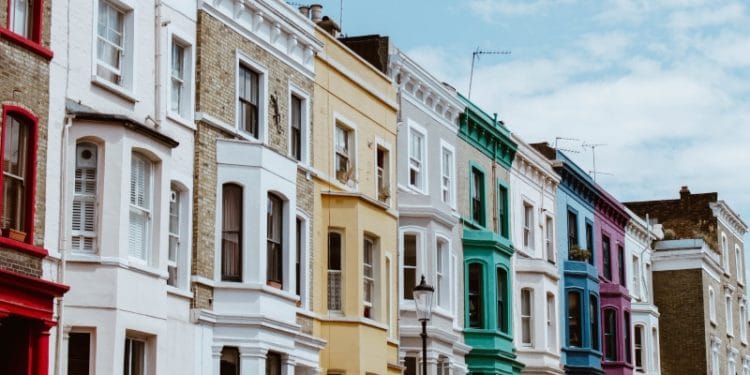Getting on the property ladder today is much more difficult than it was 60 years ago – when the average age of a first-time buyer was 23. It’s estimated that UK buyers today will now require at least £20,000 in savings to make this big step. With the cost-of-living increasing year in year out, and property prices steadily rising, young people are struggling and delaying making an investment as big as buying a house.
It’s no surprise that the average age of first-time buyers has changed since the 1960s, however even in the last 20 years we have seen a sharp rise. In 2011, the age of first-time buyers levelled at an average of 29.7, compared to 2021 where the average is now 32.
The average has reached above 30 in all regions of the UK, and unsurprisingly is at 33 in Greater London. Not only, this but the average age of a first-time buyer is forecast to rise to 37 in London, and 34.7 in the rest of England by 2031.
This may drive Londoners to seek homes outside the capital, and with an increase in demand, we may unfortunately see house prices rise even further. Therefore, it will not be uncommon to see more people seeking out new build homes due to current housing shortages and an increase in demand outside of London.
So, what’s causing this rising average age?
Firstly, we are seeing many lifestyle changes amongst younger generations today. Younger people are more likely to put off buying a house to follow other ambitions first. This may include travelling or focusing on their career.
Additionally, we are seeing a change in behaviour surrounding dating amongst Gen Z. Individuals are prioritising relationships less and focusing more on their self-development, taking advantage of being single. With 50% of people stating they intend to buy a house with a partner, and with young people committing less to finding one, it’s likely that many people will put off settling down until they are older.
However, arguably the biggest driving factor which is causing an increase in age for first-time buyers is rising property prices. In 1998, the average house would have set you back £72,469, whilst today it stands at £230,630. Not only that, but many houses are also requiring larger deposit, which can make up anywhere between 5-10% of the asking price.
With the average year salary in the UK being £27,000 and the cost of living on the rise, it’s very easy to see how people can struggle to pull together enough savings to make such a huge investment at a young age.
What’s being done about it?
Government ministers are currently pushing for young people to make their first house purchase through the ‘Help-To-Buy’ scheme which will give prospective buyers a 20% government equity loan, will relax mortgage affordability rules and allow people to put down a 5% deposit.
Although there is help available, rising prices, wage stagnation, and increasing costs of rent are trapping people in a ‘rent-cycle’ as they struggle to save whilst paying their monthly bills. Currently, the market remains volatile and for some, buying a house increasingly become a dream rather than a reality.
David Prior
David Prior is the editor of Today News, responsible for the overall editorial strategy. He is an NCTJ-qualified journalist with over 20 years’ experience, and is also editor of the award-winning hyperlocal news title Altrincham Today. His LinkedIn profile is here.


![7 Best POS Software in the UK [2026 Edition]](https://todaynews.co.uk/wp-content/uploads/2026/02/7-Best-POS-Software-in-the-UK-2026-Edition-360x180.png)









































































